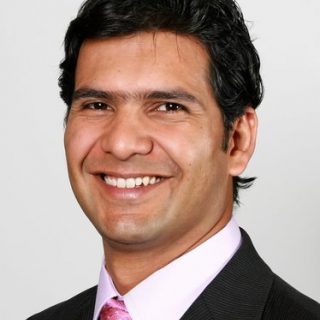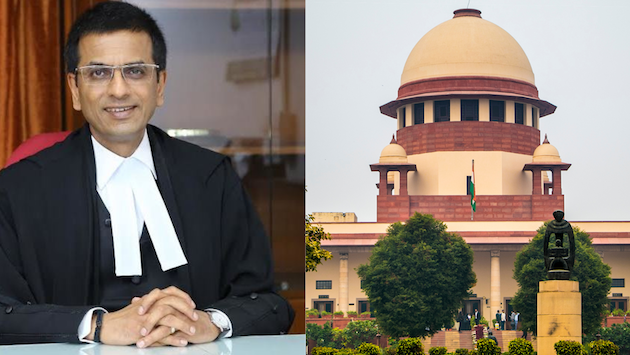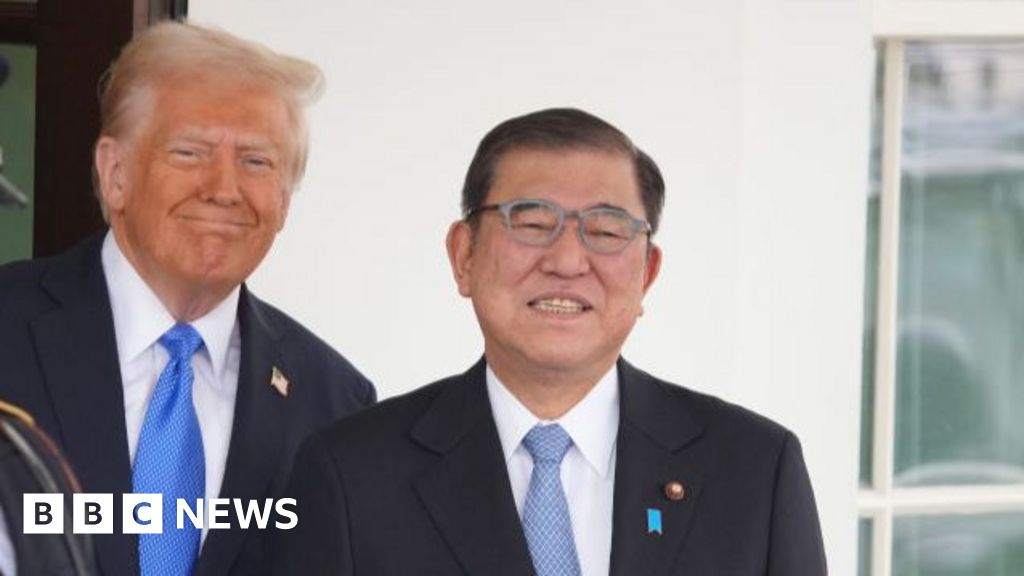Private Sector Needed as Addressing Education in Emergencies is Everyones Business — Global Issues
Davos, May 23 (IPS) – Against a backdrop of ongoing social changes, education is becoming increasingly important for success in life. But with disasters, pandemics, armed conflicts, and political crises forcing children out of school, a future of success is often placed far out of reach.
Despite data showing the number of children living in the deadliest war zones rising by nearly 20 percent, according to Stop the War on Children: A Crisis of Recruitment 2021 report, education in emergencies is a chronically underfunded aspect of humanitarian aid.
Speaking today at the backdrop of a high-level panel titled Education in Times of Crisis: How to Ensure All Children are Learning. Why Cross-Sectoral Engagement is Needed at the World Economic Forum, Education Cannot Wait (ECW) Director Yasmine Sherif stresses the urgent need to engage the private sector better.
“Private sector has a hugely important and instrumental role to play to address the education for an estimated 222 million children and adolescents in countries affected by climate-induced disaster and conflict,” says Sherif.
“We live in a world of huge socio-economic inequities, and those who have, need to share with those who do not have. It starts with financial resources. This is why ECW is part of the ongoing World Economic Forum because there is a huge private sector audience, and we are engaging with them to get them to rally (behind education).”
Swiss Agency for Development and Cooperation, Humanitarian Aid organized the panel.
Panel discussions were opened by President of the Swiss Confederation Ignazio Cassis and included Sherif, Jacobs Foundation co-CEO Fabio Segura, Ramin Shahzamani,CEO War Child Holland, and the Director-General of Swiss Development and Cooperation (SDC), Patricia Danzi.

Danzi tells IPS that governments cannot support education alone, and more so, education in emergencies where millions of children are out of school.
“We need other actors to take responsibilities, mobilize, and we need this scaling of other actors as quickly as possible.”
“There are two scenarios where private sector engagement is needed, in emergency situations such as war, a pandemic or disaster where you need money quickly, and this is philanthropy. We also have long-term education crises. This includes a mismatch of jobs and skills. Here the private sector requires a certain skill set that the education system cannot provide – and this goes beyond a crisis.”
Danzi said the mismatch was due to various reasons, including basic education inadequacies, access to (quality) education not guaranteed, or not enough girls being in school.
Sherif agrees, stressing that the focus is on quality education in countries in conflict with large numbers of refugee and internally displaced children.
“Funding and financing are a very big issue here. The private sector is very important because they have the finances required, and we need to get them on board.”
“Education cannot wait,” she says. There is an urgent need for more financial assistance from the private sector because this will make a difference and place SDG 4 and other related SDGs firmly within reach.
Segura says the participation and contribution of the private sector have other advantages.
“One of the things we have learned is that it is not just the financing of the gap in education but the logic and the thinking that the private sector can bring or contribute to managing education and scaling education solutions. That logic, thinking, and intellectual capital are critical even though we do not often discuss education matters in the private sector.”
In emergencies and conflict, the private sector could play a role in scaling what works.
“Also (it can) maintain a line of thinking that will prevail beyond the conflict or emergency situation. We have also learned that the private sector has a way of maintaining consistency beyond situations of emergency and conflict. We need to tap into that logic and their array of resources and infrastructure to finance the gap in education in conflict and emergency education.”

Segura stresses the need to look at the contribution of education in business and, at the same time, look at the contribution of business to education. This, he says, makes a case for engagement beyond capital and financing in emergencies as it means expanding horizons for investments and horizons for education returns.
As recent as 2019, and before the complexities introduced into global education by COVID-19, more than 130 million children in school were not learning basic skills like reading, writing, and math, according to the Global Partnership for Education (GPE).
“Access to education is critical, and we owe it to the next generation to be well educated. When a child goes to school longer, an opportunity for prosperity is higher for individuals, households, and society,” Danzi emphasizes.
Cross-sectoral engagement is needed to shape the future of learning and development by accelerating the speed of response in crises and helping connect immediate relief and long-term interventions to provide a safe, quality, and inclusive learning environment for affected children.
“We are in a time where all of the funding gaps to achieve SDGs are becoming very obvious, especially post-COVID-19, and so we have to redefine the role of philanthropies, government, business, and private sector in profiting from achieving those objectives that also allows us to cooperate better across sectors to achieve better goals,” he observes.
Sherif says the private sector has resources. They need to join forces with public donors, especially against a backdrop of substantial socio-economic inequities in the world and countries like Mali, Burkina Faso, and Cameroon that lack resources to finance education because of a history of conflict.
Sherif will also be speaking at another high-level panel discussion titled Neutral Ground: Education in Emergencies-Building Blocks for a Safer Future on Tuesday, May 24, 2022, highlighting the central role of education in facilitating success for children and youth in their diversity. This is a joint event by The LEGO Foundation, Street Child International, and ECW. The panel features Sherif; Chair of Learning through Play, The LEGO Foundation, Bo Stjerne Thomsen; CEO & Founder-Street Child International Tom Dannatt; Deloitte Representative/Moderator Melissa Raczak.
IPS UN Bureau Report
Follow @IPSNewsUNBureau
Follow IPS News UN Bureau on Instagram
© Inter Press Service (2022) — All Rights ReservedOriginal source: Inter Press Service
Check out our Latest News and Follow us at Facebook
Original Source






